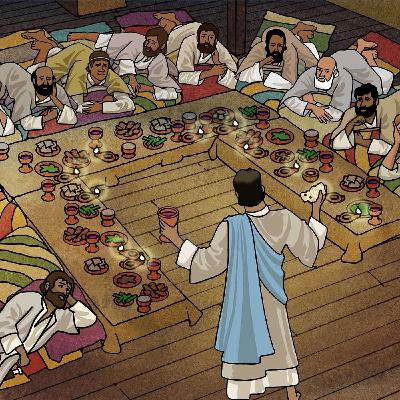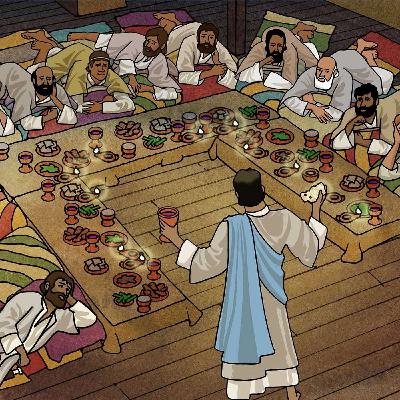
Ancient Roads: Real Israel Talk Radio
Author: Avi ben Mordechai
Subscribed: 19Played: 2,516Description
ABOUT ME and THIS PODCAST: I am Avinoam ("Avi") ben Mordechai Marcus. I am an old veteran of the radio broadcast industry. For me, radio programming was very different when I started in the early 1970s as a California "rock jock" radio personality and later in the 1980s as a Colorado radio programmer and secular and religious content talk show host. I selectively do live on-air radio programming where I find opportunities but ultimately, whatever I pursue with my years of radio broadcast training, it is not for myself. I seek to serve Yehovah with the gifts and talents that He has given to me.
Today, I am passionate about teaching the Bible in an understandable way to modern readers of ancient Scripture. The biblical studies I engage in through my teaching monologues and, in some cases, interviews with knowledgable academic researchers, are, at the very core, Hebraic studies, as I seek to connect the dots, so to speak, between the biblical Hebrew Bible and the Brit Hadasha (the New Covenant or "New Testament").
I aim to help Yehovah's students better understand His Word. I try hard to provide the Almighty Eternal One's students with the tools necessary to become thinking and reasoning followers in the Messianic claims and teachings of Yeshua from the Second Temple period of Israel's Judaism. I strive to provide a safe, nurturing, non-judgmental, and advanced learning environment where students of biblical scripture can learn, grow and develop in their knowledge of the Word of Yeshua HaMashiach (the promised Messiah for Jews and non-Jews alike) through a personal relationship with Yehovah, the Almighty Eternal One of Abraham, Isaac, and Jacob.
Each posted podcast has a running time of 50 minutes divided into two 25-minute program segments. You may freely listen to and download them at your convenience. My strict policy is never to monetize them, meaning to turn them into opportunities for moneymaking or to accept advertisers. I do not ask any of my listeners to donate money to this program. If you are moved in your heart to give to this outreach ministry, this is between you and your great Father in Heaven.
Go in spiritual and emotional health.
Avinoam ben Mordechai
























